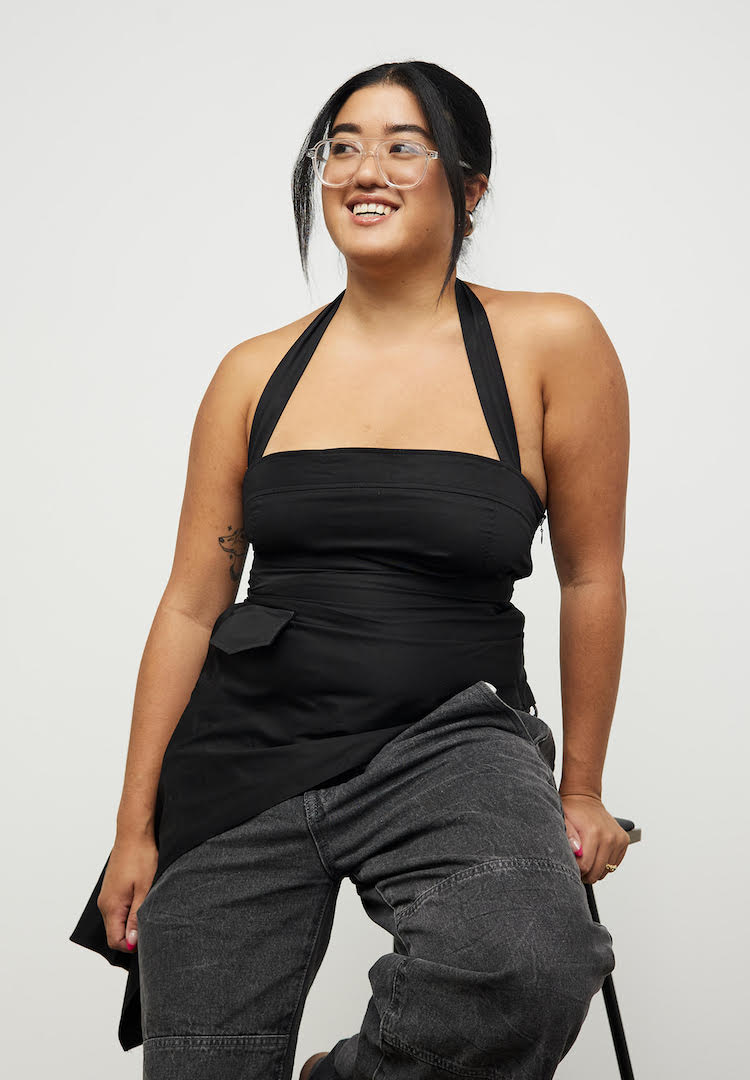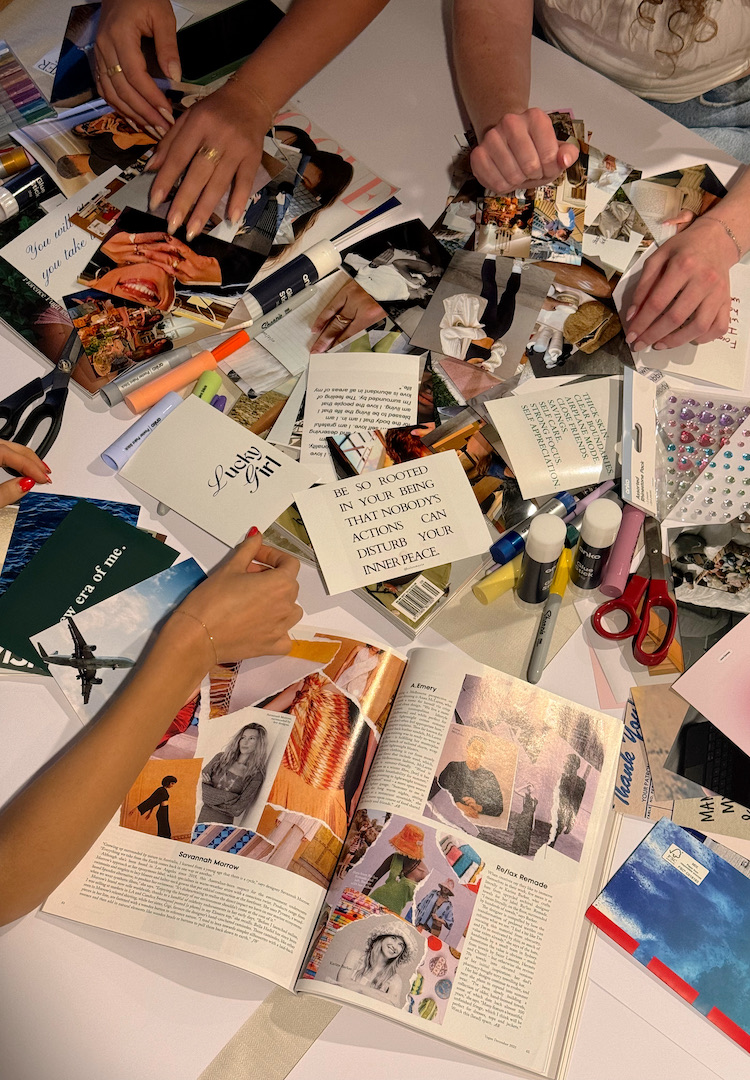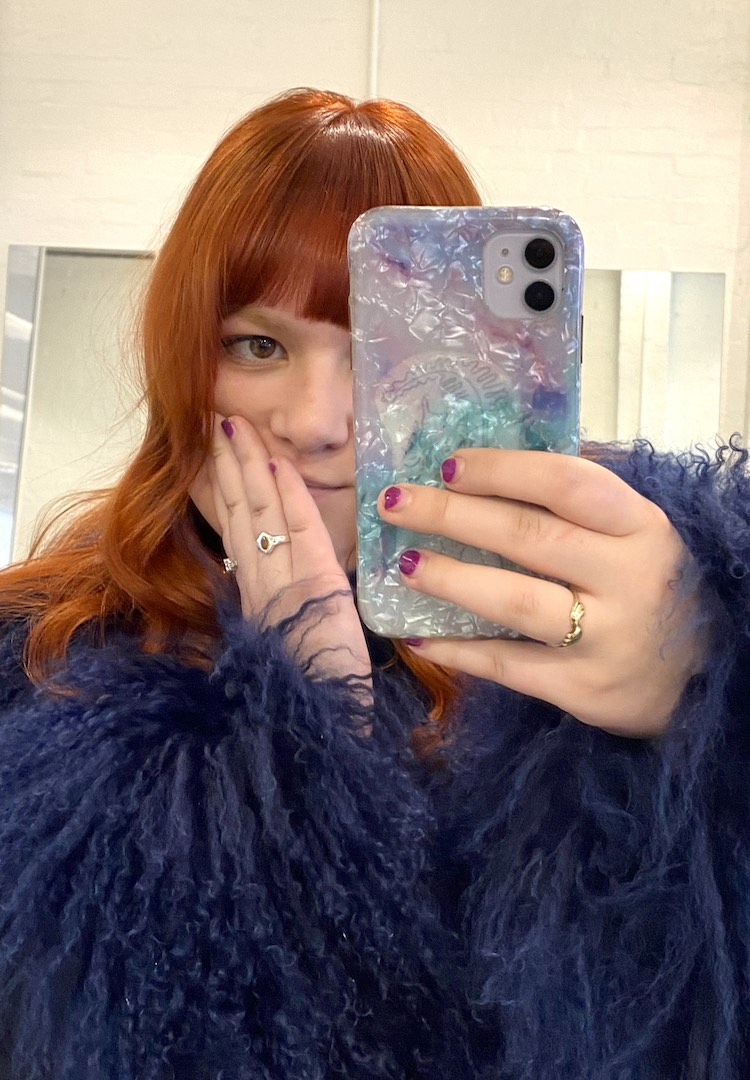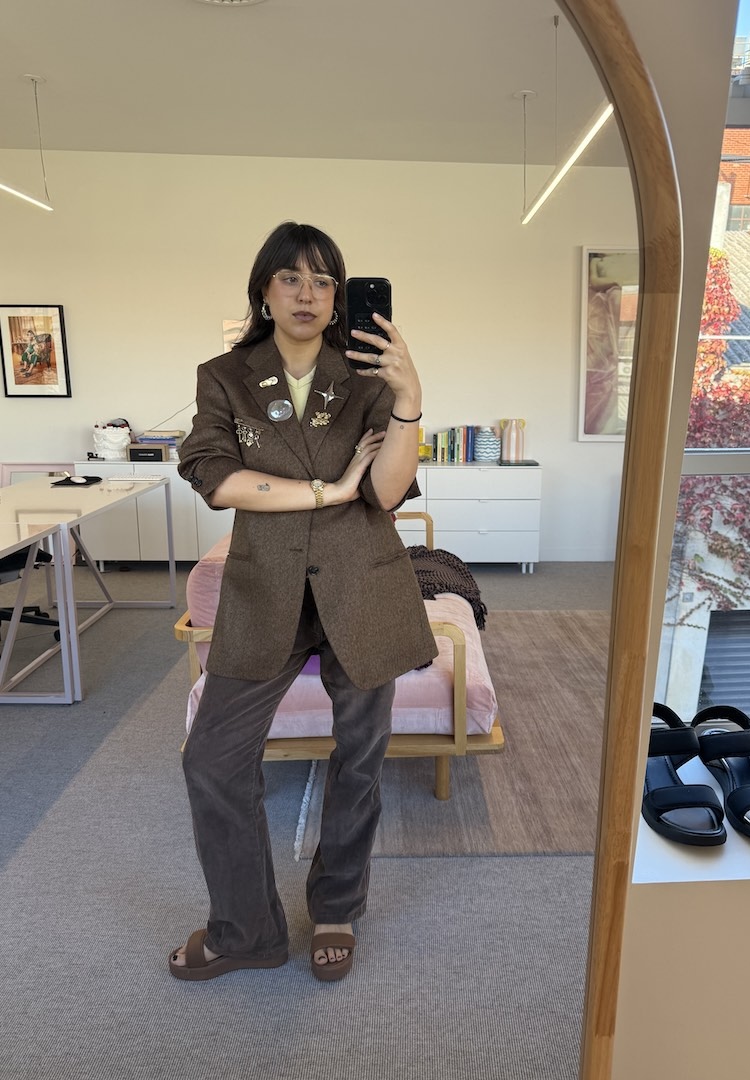Why do I find it so hard to be assertive at work? I asked a career coach
WORDS BY LARA DALY
“If an idea is shit am I meant to just smile and nod?”
At dinner the other night, a friend of mine – let’s call her Grace – said she recently got an email from her boss asking her to be a bit ‘softer’ when giving her feedback to colleagues. Apparently, someone complained that she was too harsh in delivering her opinion. This email had sent Grace spiralling, she was now convinced that everyone she works with sees her as ‘the office bitch’.
While I can’t vouch for her demeanour in the workplace, knowing Grace as a friend, I’m certain that she would never intend to hurt someone’s feelings.
“I care too much, that’s my problem,” Grace said after we had unpacked the issue around the table. “I really care about doing great work and I know the person who complained doesn’t. If an idea is shit am I meant to just smile and nod?”
As the senior art director of a big advertising agency, Grace was hired to give strong opinions – a skill that requires a certain level of assertiveness. The problem with being assertive, especially as a woman, is that it oftens reads as scary or intimidating. See: any rom-com about a Girl Boss.
Being assertive at work is something I’ve always struggled with. No matter how long I spend in a job, imposter syndrome inevitably sneaks up on me, always in the worst moments: team brainstorming sessions, media events with important advertisers, pay reviews with my manager. As an editor, I should feel confident in these scenarios. Instead, I fall back on self-deprecating humour and realise what I should have said, hours later when I’m in bed.
This would happen all the time when I was a young makeup artist, too. I’d be on a shoot, looking at the musician on set with a million cameras and crew members between us and think ‘that lip liner could do with a touch-up’. Instead of asserting myself and asking the director if I can step in, I would keep quiet, then regret my decision when I saw the close-up from the music video.
On set or in the office, my shy girl behaviour isn’t uncommon. According to executive career coach, Lara Nercessian, the fear of conflict or confrontation is a major barrier that stops many of us from being assertive at work.
“Individuals who self-identify as people pleasers will find it particularly difficult to sit with and experience someone else’s anger. This often results in the individual overriding their own boundaries, beliefs and requirements in an attempt to avoid such reactions,” she says.
I know I relate most to this ‘assertive avoidant’ style but for others – like my friend Grace – being assertive feels natural, it’s just the communication style that doesn’t land in the workplace.
“Individuals who have not yet developed strong communication and personal leadership skills may find it challenging to be assertive at work,” Lara says.”While they have their own beliefs, they may not have the established the necessary tools to be able to communicate those views in a constructive and professional manner, resulting in them avoiding the communication altogether.”
How can you be assertive without being rude?
When Grace first told me about the email from her boss, I felt conflicted. On one hand, why should she have to ‘adjust’ her direct communication as a leader to appease someone more junior than her? On the other hand, people are sensitive and it’s probably more important to respect that than to ignore it.
“It’s not what you say – it’s how you say it,” Lara explains. “In the work environment, it’s inevitable that there are going to be different views, perspectives and opinions at play. The key distinction between being assertive and being rude or aggressive, is in the manner the message is communicated.
“It’s possible to communicate a difficult message gracefully and respectfully. As an example, you could say, ‘thank you so much for sharing your feedback. I really respect and value your thoughts on this, but I do have to let you know that I have a different perspective. Here is why…’”.
A stressful work environment plays a part, too. “During moments of heightened emotion, it becomes less likely that the individual will be able to communicate from a calm, centred and grounded place. This may often result in rude, short, abrupt and aggressive communication.”
Her advice? Practice asking for what you want in low stakes environments. “If you find it difficult to be assertive in the workplace, it’s likely you find it difficult to be assertive in other areas of your life. Practice becoming clear on your ask with friends and family members [on occasions] such as deciding what restaurant to book for dinner.”
What are some non-verbal ways to be more assertive at work?
Your body language says everything. Just look at how Anna Wintour walks into a room. That’s no accident – that’s a form of non-verbal assertiveness.
“Think about who you want to be and how you want to positively impact the energy in the room,” says Lara. “Maintain an upright posture, keeping your shoulders back and down. Avoid crossing your arms so that you don’t appear defensive. Maintain a relaxed, neutral or positive facial expression and practice maintaining eye contact when speaking to others.”
As someone who gets easily ‘worked up’ in confrontations, another tip I’ve found helpful is to process and release my emotions before the conversation. “When emotions are high, you are less likely to be able to maintain a calm composure,” says Lara. “Take in three deep breaths. Hold the breath at the top, prior to releasing. This helps dissipate any feelings of anxiety or nervousness prior to practicing assertive communication at work.”
Read more about asserting yourself at work here.
Looking to step up to a career in fashion? Each week we send a wrap of industry jobs straight to your inbox. Enter your details below and we’ll keep you in the loop, or browse current openings here.













